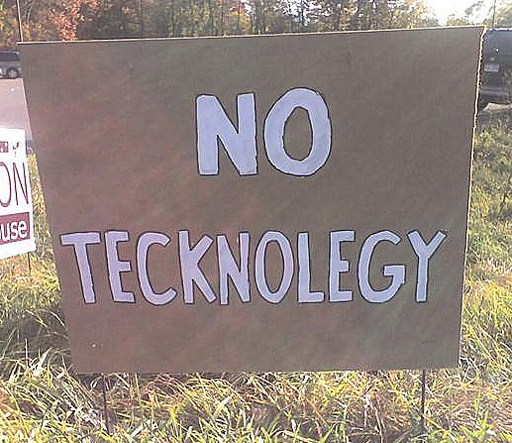6.6 Open learning literacies

There has been much talk of ‘digital literacies’, i.e. skills and competencies required to operate effectively in the digital, connected environment. These can be couched in terms of skills for learners, teachers or researchers. For example, Jenkins et al. (2009) suggest 11 ‘new skills’ for learners, arguing that, ‘Schools and afterschool programs must devote more attention to fostering what we call the new media literacies: a set of cultural competencies and social skills that young people need in the new media landscape.’
The skills they list are:
- Play – the capacity to experiment with one’s surroundings as a form of problem solving.
- Performance – the ability to adopt alternative identities for the purpose of improvisation and discovery.
- Simulation – the ability to interpret and construct dynamic models of real-world processes.
- Appropriation – the ability to meaningfully sample and remix media content.
- Multitasking – the ability to scan one’s environment and shift focus as needed to salient details.
- Distributed cognition – the ability to interact meaningfully with tools that expand mental capacities.
- Collective intelligence – the ability to pool knowledge and compare notes with others toward a common goal.
- Judgement – the ability to evaluate the reliability and credibility of different information sources.
- Transmedia navigation – the ability to follow the flow of stories and information across multiple modalities.
- Networking – the ability to search for, synthesise and disseminate information.
- Negotiation – the ability to travel across diverse communities, discerning and respecting multiple perspectives, and grasping and following alternative norms.
The next activity asks you to read a JISC report from Helen Beetham, which provides a useful review of work in the digital literacies area.
Activity 24: Review of work in digital literacies
- Read Beetham (2010), Review and Scoping Study for a Cross-JISC Learning and Digital Literacies Programme: Sept 2010 [Tip: hold Ctrl and click a link to open it in a new tab. (Hide tip)] .
Digital literacies subsume many other types of literacy and skills, such as information literacies. It is possible to propose that a set of ‘open education literacies’ may exist also. At the ALT-C Conference in 2009 Terry Anderson gave a presentation on open scholarship in which some of the characteristics of an ‘open scholar’ were proposed. In the next activity you are going to suggest a set of open learner literacies.
Activity 25: Considering open learner literacies
- Draw up a set of open learner literacies.
These should be based on what you have experienced and researched so far in this course. They should cover the types of skill you feel are important for an individual to learn successfully in an open learning context (whether that is using OER, in a MOOC or through informal, lifelong learning).
The level of detail is at your discretion: you may choose to operate at the abstract level, such as Jenkins’s list, or at a more detailed task level if you prefer.
The number of skills is up to you, although they should cover most of what you feel is important in being an effective open learner. Each literacy should be accompanied by some explanation and justification.
You can use the box below to start making your list.
- Blog your list of literacies. You should reflect upon the following:
- Are there literacies that are particularly related to the open element, or would your list apply to all learners?
- Did you find literacies suggested by others that you would like to add?
- If these are important literacies, how would you go about developing them for learners?
If you are content to use Twitter to share your thoughts, Tweet about your blog post using the hashtags #h817open and #Activity25.
